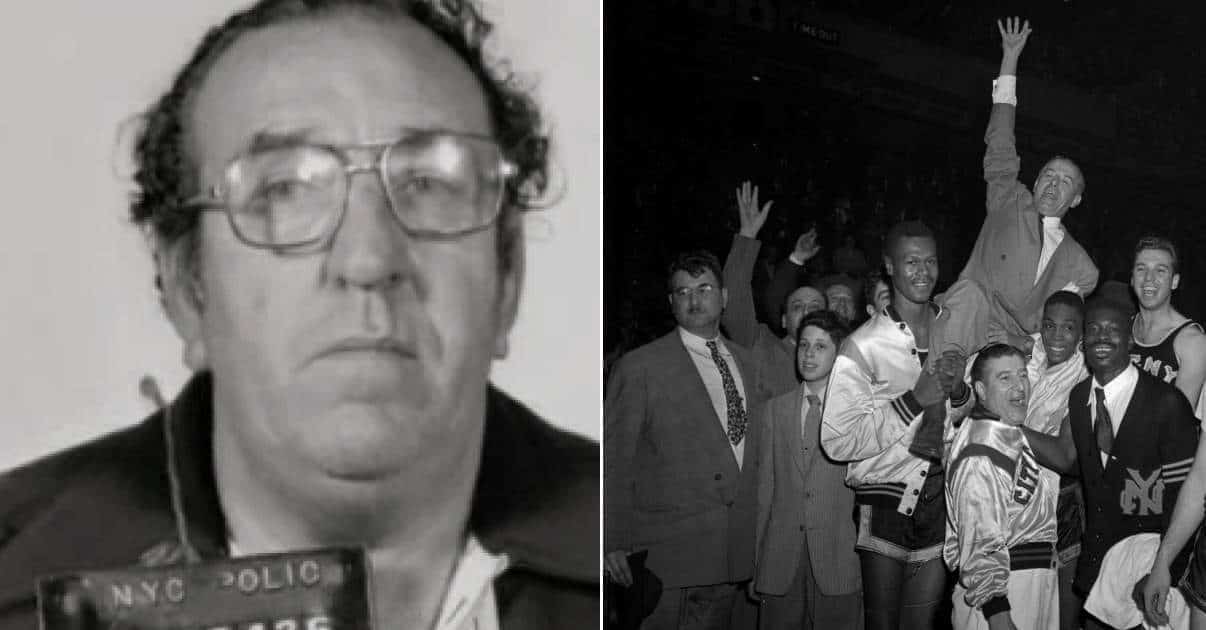By any measure, betting on sport events is a huge industry in the United States. It is virtually impossible to estimate the amount of money wagered privately between individuals on sporting events, but according to Mint, a financial planning site, more than $8 billion dollars is wagered on just one sporting event, the Super Bowl. CNBC reported in 2013 that between $60 and $70 billion is bet illegally per year on college football. Of the four major professional sports leagues in the United States, the NFL, NBA, NHL, and MLB only the National Football League continues to oppose legal betting on its games, despite the move of a team to Las Vegas in 2019.
With the astronomical amounts of money involved it is obvious that the opportunity to manipulate the results of sporting events to make more money is a major temptation. Point spreads allow for scores to be manipulated while still winning a game, and they have been used in the past to provide gamblers with an illegal edge. Throwing games, or matches, depending on the sport, has occurred and will likely continue to occur. There have been numerous times when gamblers, usually with links to organized crime, have manipulated the results of sports events. Some are famous, while others are all but forgotten.

Here are ten times when gamblers have fixed the results of sporting events.

The Canton – Massillon Game Fixing Scandal of 1906
In 1905 the Canton Bulldogs and the Massillon Tigers were considered by most aficionados of the game of American football to be the two best professional teams in the country. Located barely fifteen miles apart, both teams were members of the Ohio League, a confederation of several teams which varied each year as some teams folded due to insufficient income and others were added. In 1920 the league allowed several teams from other states to join and became the formal American Professional Football Association which in 1922 became the National Football League.
Long before then the Ohio League suffered a scandal which involved the fixing of a game between Canton and Massillon. In 1906 the teams were scheduled to play each other twice. Gate receipts were to be evenly split between the teams. The first game was played on November 16 in Canton, and the Bulldogs won by a score of 10 – 5. The second game was played on November 24 in Massillon, with the Tigers prevailing by the score of 13 – 6. The victory made Massillon the Ohio League champions for 1906.
That evening a brawl broke out in the Courtland Hotel, beginning in the hotel bar and eventually spilling into the street. The brawl involved Canton players and irate fans who believed the game to have been fixed, with Canton deliberately throwing the game. Other allegations were soon made against the Canton Head Coach, Blondy Wallace, charging him with throwing the game because he had bet on Massillon to win. The Bulldogs responded that Massillon was deliberately trying to damage their rival’s reputation, and that the charges of fixing the game, and another charge of attempting to bribe Massillon players, were baseless.
What actually happened is unknown, and several different stories have been presented about the game. What did happen is Canton’s next game, against Latrobe, was held on Thanksgiving Day and attendance was so poor that the Bulldog’s went unpaid for the game. Blondy Wallace sued the Massillon Independent for libel after the paper reported that he had tried to bribe Massillon players but the issue was settled out of court.
Whether the game was thrown because of gambling, or even if it was thrown at all, was never fully settled, in part due to the lack of a trial. The Ohio League lost considerable prestige for the next several years. The Canton Bulldogs were out of money, as were the Massillon Tigers, and both teams were forced to fold. Before they did they played each other one more time as a benefit game to raise enough money for their players, many from other towns in Ohio, Michigan, and Pennsylvania, to be able to have train fare home.

